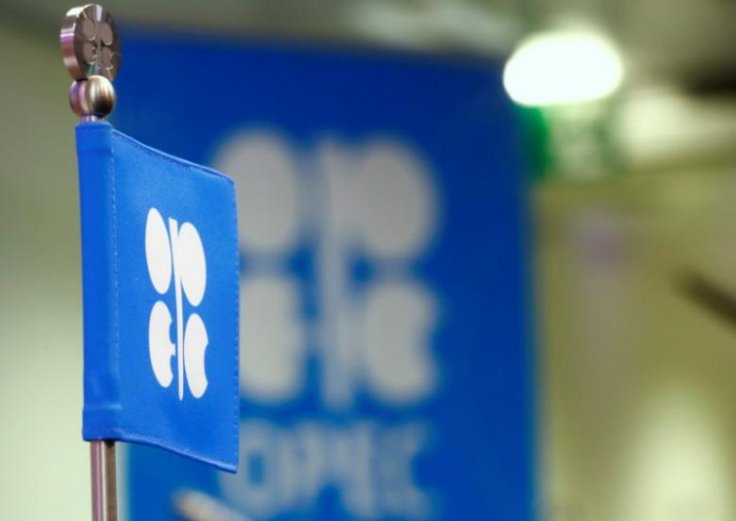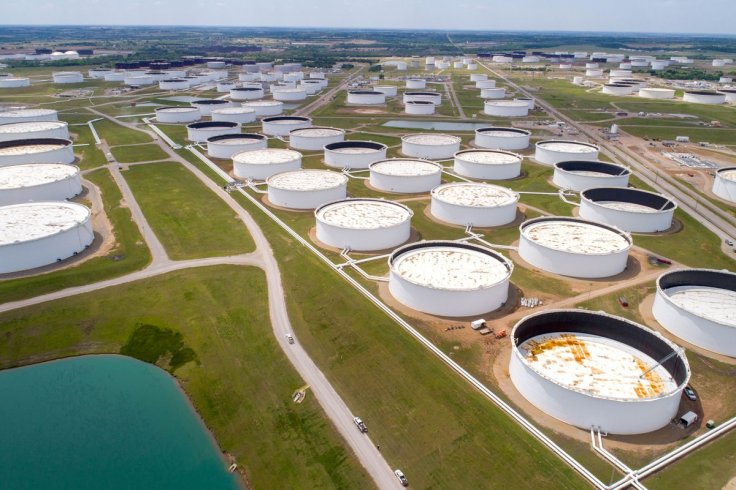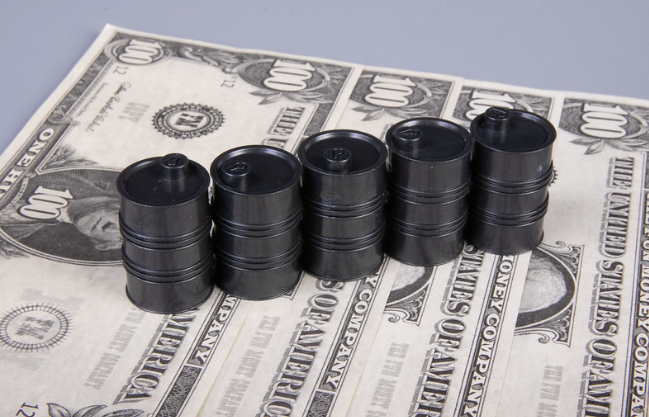Saudi Arabia rattled the oil market once again by announcing a fresh one million barrel a day cut in its crude output in July. The drastic move by the leading member of the Organization of the Petroleum Exporting Countries (OPEC), resulted in a price hike of up to 3 percent in US crude and Brent.
Strained Equations
Oil market experts have said Riyadh's move will result in a further straining of the equation within the oil cartel as well as its extended ties with the allies such as Russia. Saudi Arabian energy minister Prince Abdelaziz bin Salman has been fighting a personal war on short sellers who have kept an oil price surge under the lid for a long time. The voluntary production cut announced after an Opec+ summit in Vienna signals Riyadh's intention to go it alone in an attempt to keep the prices high.

However, not all Opec members are aligned with this plan as most of them have prioritised raising the output after having invested heavily in capacity building. The Saudi's decision to single-handedly take on the short sellers was a surprise, as the Opec meeting also decided to continue with the current production cuts into practically the entire 2024.
Following the Saudi decision, US crude oil prices rose 2.4 percent to $73.47 per barrel and the Brent crude futures advanced 3 percent to $79 per barrel.
Prices Hover Around Yearly Lows
Despite the brief surge in prices, crude prices remain in the lowest in about a year as a result weak demand from China and steep production targets Russia has set for itself. The Saudis are miffed with the current price scenario and have blamed the shortsellers on the market for keeping the sentiment downbeat.

A report by Oilprice.com says that the Russian view has been that there is no need for additional cuts. The Russian stance hurt the Saudis, who chose to go it alone with a voluntary once-month production cut of one million barrels per day. The rift undermined 'any prospects of genuine cooperation between the two parties' and left the 'OPEC+ alliance hanging by a thread,' the report says.
"The dynamics within OPEC are fraught with tensions, as conflicting interests and divergent objectives strain the alliance. The delicate balance between short sellers, critical journalism, production cuts, and individual member ambitions has pushed OPEC to the brink, jeopardizing its future stability," the report further says.
Internal Dynamics
The analysts further state that the internal dynamics within the Opec block are strained as well. Key members of the cartel such as the UAE have been against output cuts, and in fact have been pushing in the opposite direction. UAE has invested huge sums in the upstream sector and wants to capitalize on its production capacity boost.

"OPEC's current production cuts hinder this objective, as future volume increases will be restricted. Similarly, African members like Nigeria and Angola find themselves in a similar position, with their current production volumes not aligning with their nominal production capacities. OPEC's move to reassess African quotas based on their actual production levels is perceived as a direct threat to their future prospects."








